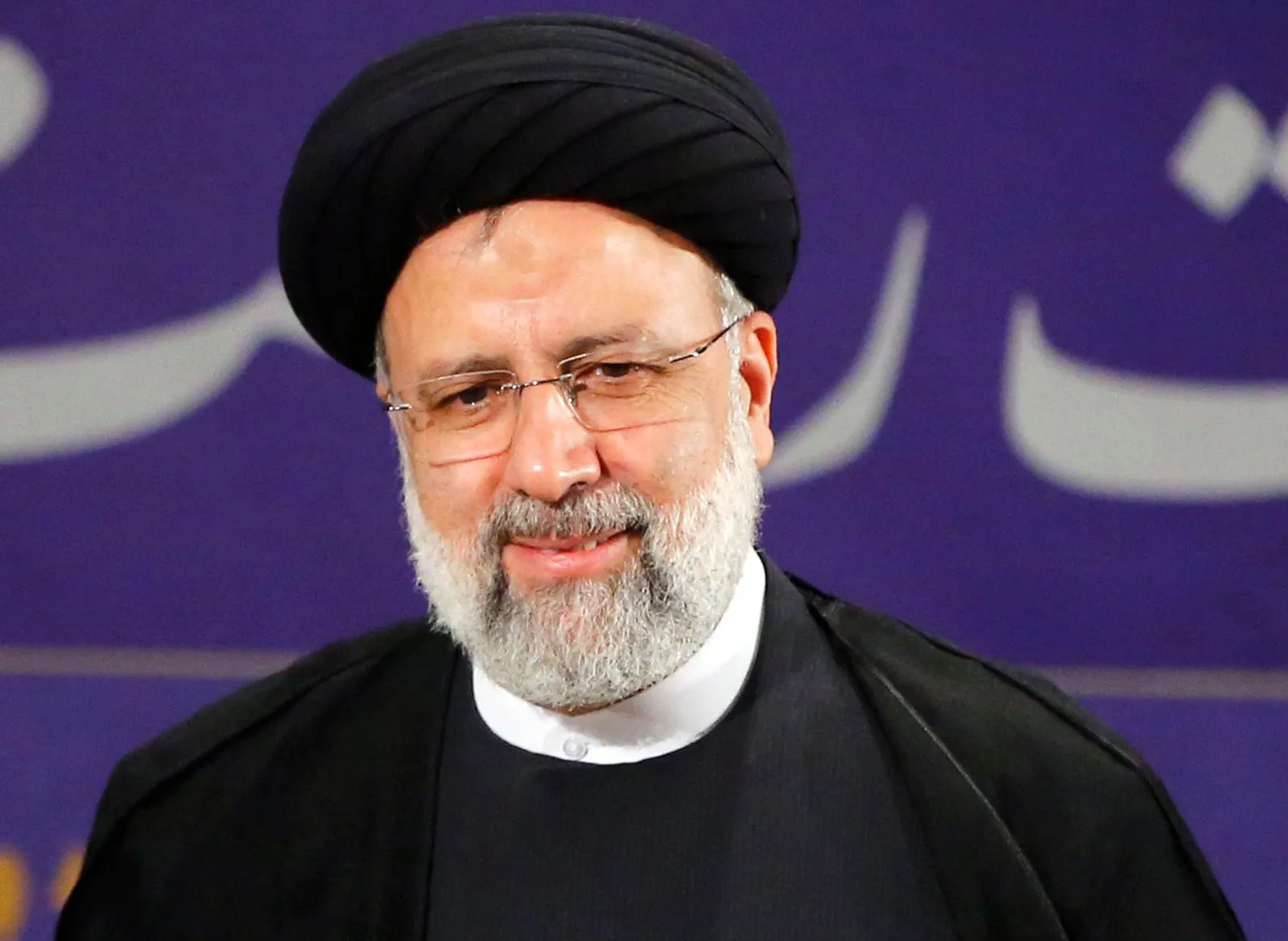Iran ready to work with new Niger regime, says president
President Ebrahim Raisi expressed Iran’s desire to cooperate with the military regime that came to power in Niger in a July coup, when he received its foreign minister on Wednesday. At a meeting with Bakary Yaou Sangare, Raisi described “the resistance of the Nigerien people against European hegemonic policies as the testimony of Africa’s refusal […]

President Ebrahim Raisi of Iran
President Ebrahim Raisi expressed Iran’s desire to cooperate with the military regime that came to power in Niger in a July coup, when he received its foreign minister on Wednesday.
At a meeting with Bakary Yaou Sangare, Raisi described “the resistance of the Nigerien people against European hegemonic policies as the testimony of Africa’s refusal of colonialism”, the Iranian presidency website reported.
Niger, where a military junta seized power on July 26 by overthrowing president Mohamed Bazoum, had seen mass protests calling for troops of former colonial ruler France to leave.
France is currently pulling out its 1,500-strong military deployment to the Sahel country following a demand from Niger’s new rulers.
- Mohbad said he could handle dispute with Naira Marley – father testifies
- Food production: Don wants nation’s agric sector digitised
Raisi told Sangare Iran was “ready to cooperate with Niger”, particularly “in economic areas”, the presidency website said.
Niger is suffering heavy economic sanctions imposed by the Economic Community of West African States (ECOWAS), and many Western countries have cut off development aid.
On September 4, Raisi “praised the resistance of African countries in the face of colonialism and terrorism” when he received Olivia Rouamba, foreign minister in the transitional government of Burkina Faso, a neighbour of Niger.
After a coup in 2022, Burkina Faso’s transitional government expressed a wish to diversify its partners, moving closer in particular to Russia, as has also been the case with neighbouring Mali.
Tehran has been bolstering ties across the African continent in an effort to reduce its isolation and offset the impact of crippling sanctions reimposed since the 2018 withdrawal of the United States from an internationally negotiated nuclear deal.
In July, Raisi undertook a rare Africa tour that took him to Kenya, Uganda and Zimbabwe.
